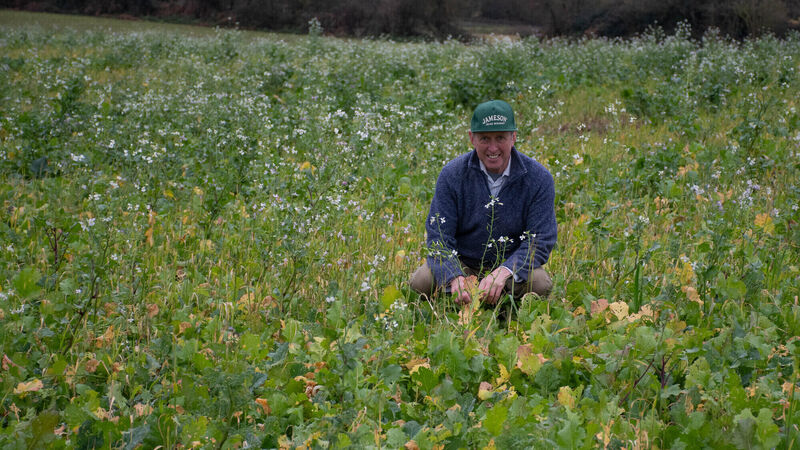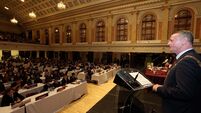Nurturing nature and agriculture can co-exist, says Cork farmer

Paul Moore said: "Biodiversity is not straightforward, I think farmers probably feel a little under attack. Consumers and producers are linked so there is no point in pitting farmers against the rest." Picture: Howard Crowdy
An awful fright for East Cork farmer Paul Moore caused by screeching barn owls when he was walking back across the fields one night soon turned to unadulterated joy.
As a farmer who loves nature and biodiversity as much as being a custodian of the land, for years he had longed to see an elusive barn owl in his fields, and had almost given up the ghost.
















